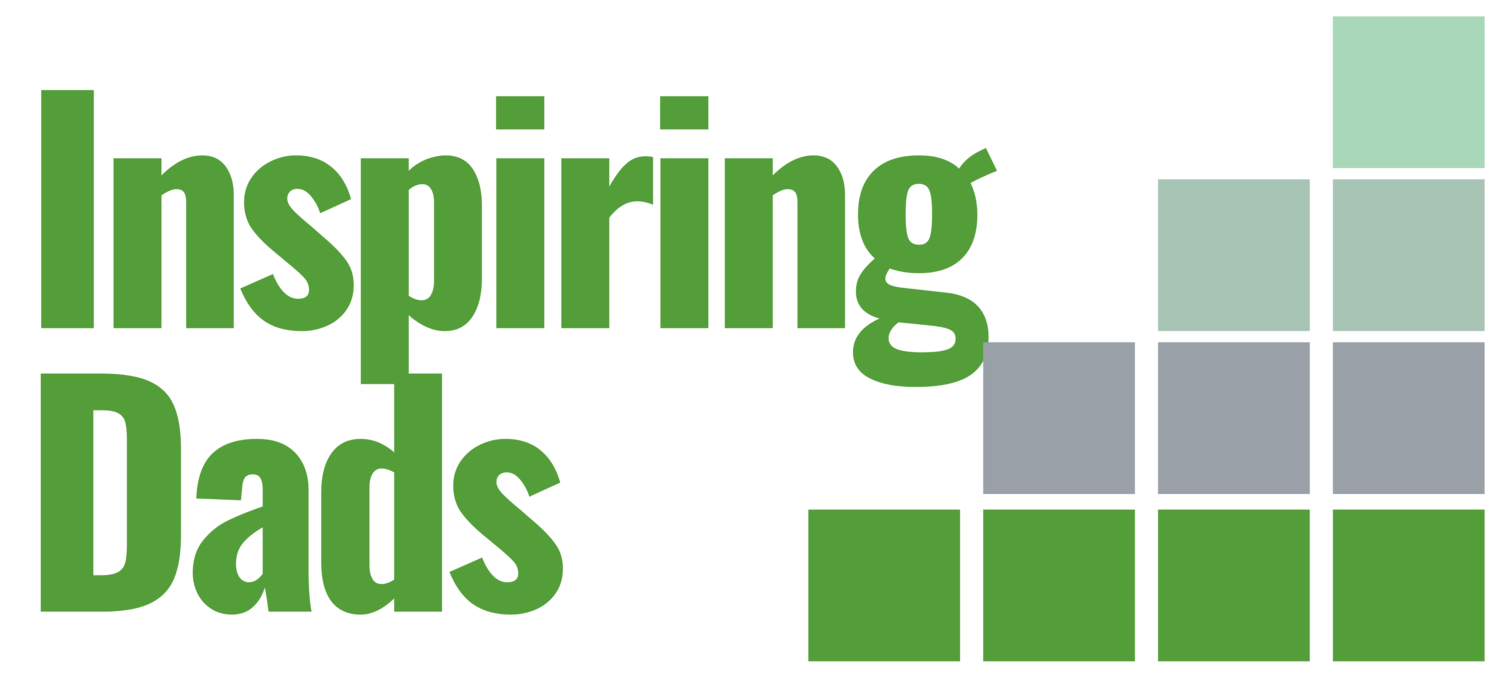Brian Ballantyne - why men and inclusion matters
What it means to be good ally? How Brian’s own family were a prompt to volunteer in diversity and inclusion voluntary work and why men must be involved if we aren’t just creating inclusion echo chambers.
Brian Ballantyne - why men and inclusion matters.
Brian Ballantyne, Co-Founder of Men for Inclusion, author of “Confessions of a Working Dad” and one time Babycenter moderator joins James and Ian in Episode 37 of Lockdown Dads.
It’s an open and honest discussion in which we discuss what it means to be good ally, how Brian’s own family were a prompt to volunteer in diversity and inclusion voluntary work and why men must be involved if we aren’t just creating inclusion echo chambers.
Plus “Centrist Dads”, burnout and recharging batteries and how to argue well.
Contents
01:00 A tough week for Brian - lessons in boundaries, batteries and burnout
04:30 Balancing family and personal priorities
06:00 Ian has been shooting video content +
07:00 Social media and men’s attitudes to women’s personal safety
08:00 Ian forgets about James
09:30 James reflects on a bad week for gender equality
11:30 Being a Babycenter moderator
12:45 Dad culture - the time when Brian’s CEO stalked him on Foursquare
14:30 Family influence on diversity and inclusion work.
15:10 Women in Technology echo chambers
17:00 How Male Allies for Gender Equality became Men for Inclusion
19:45 We discuss what allyship means
Tips
23:10
James has been reading Conflicted: Why Arguments Are Tearing Us Apart and How They Can Bring Us Together
Q. What is a Centrist Dad”
Ian recommends previous guest, Rachel Vecht’s quick video on how to extract information from your school age children!
Brian talks about cherishing the small moments
————————————-
Connect with Brian
https://www.linkedin.com/company/menforinclusion/
https://www.e2w.co/men-for-inclusion
https://www.linkedin.com/in/brian-ballantyne-336754/
Photo Credit @hannahbusing via Unsplash
Ian Dinwiddy, Founder
Recent content
Blog Categories
Archive
- January 2026
- November 2025
- June 2025
- March 2025
- October 2024
- April 2024
- March 2024
- January 2024
- September 2023
- April 2023
- December 2022
- June 2022
- January 2022
- September 2021
- August 2021
- July 2021
- June 2021
- April 2021
- March 2021
- February 2021
- January 2021
- December 2020
- November 2020
- October 2020
- September 2020
- August 2020
- July 2020
- June 2020
- May 2020
- April 2020
- March 2020
- February 2020
- December 2019
- November 2019
- October 2019
- July 2019
- June 2019
- April 2019
- March 2019
- February 2019
- January 2019
- December 2018
- November 2018
- October 2018
- September 2018
- August 2018
- July 2018
- March 2018
- June 2017
















I'm back,
We're all 'back'? Back in the office? Back to school?